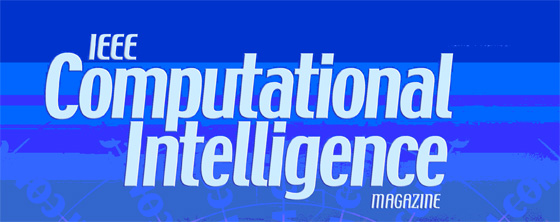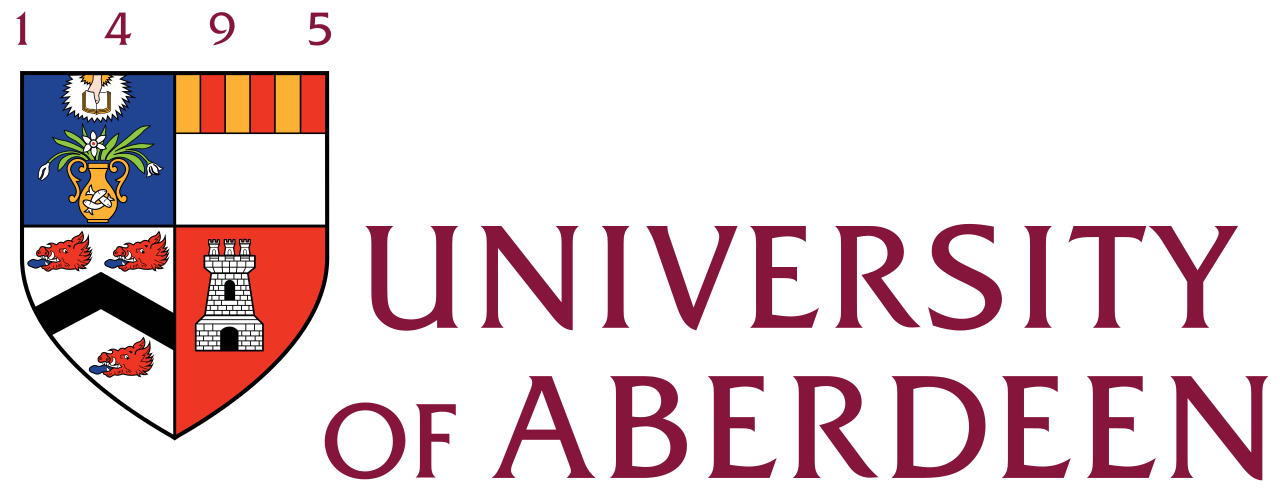 |
 |
Special Issue on
"Natural Language Generation with Computational Intelligence"
About IEEE-CIM
Aims and Scope
Natural Language Generation (NLG) approaches, which build and communicate information expressed in terms of natural language, have emerged as feasible complements which, while still exploiting the full potential of standard Data Science analytics, allow for a better understanding of what underlies in such data. In this regard, recent studies show that non-specialized users actually strongly demand textual descriptions of data as a necessary and complementary means for better understanding of graphics and visualizations. Within this context, CI and, more specifically, Soft Computing capability for representing and dealing with imprecision and uncertainty is potentially an adequate tool for playing a relevant role in some key tasks in the usual NLG pipeline, such as content determination, lexicalization, referring expressions generation, linguistic realization, etc.
On the one hand, Data Science has traditionally relied on analytics and visualization techniques to make sense of large volumes of data. Data scientists employ different techniques such as statistics, signal processing, pattern recognition, data mining or machine learning among others to extract relevant information from such amounts of data. However, communication of the extracted information after the analytics process is usually made through tables, graphics or visualization techniques, which in general demand interpretation efforts from the user side and sometimes require a rather extensive academic development or expertise for its actual comprehension.
Topics of Interest include (but are not limited to)
- Data-to-Text Systems combining Natural Language Generation (NLG) and Computational Intelligence (CI) methods
- CI based Methods applied to NLG Process: Content Determination, Lexicalization, Referring Expressions Generation, Linguistic Realization, etc.
- Dealing with Imprecision and
Uncertainty in NLG
- Machine and Deep Learning applied to
NLG
- CI based Experimental and Empirical
Methods for Validation, Corpus Building, etc.
- NLG with CI Integrating Paradigms:
Semantic Technologies, Linked/Open Data, Big Data, etc.
- Real NLG Systems with CI for:
Dialogue Systems, Sentiment Analysis, Affective
Computing, Smart Environments, Natural Language
Human-Computer Interfaces, Augmented and Virtual
Reality, Human-Robot Interaction, etc.
Submission Process
The IEEE CIM requires all prospective authors to submit their manuscripts in electronic format, as a PDF file. The maximum length for Papers is typically 20 double-spaced typed pages with 12 point font, including figures and references. Submitted manuscript must be typewritten in English in single-column format. Authors of Papers should specify on the first page of their submitted manuscript up to 5 keywords. Additional information about submission guidelines and information for authors is provided at the IEEE CIM website.
Submission will be made via https://easychair.org/conferences/?conf=ieeecimcinlg2017.
The special issue is expected to include around 3-4 high
quality papers.
Important Dates
- 10th September, 2016: Submission of Manuscripts
- 15th November, 2016: Notification of Review Results
- 30th December, 2016: Submission of Revised Manuscripts
- 15th February, 2017: Notification of Review Results
- 15th March, 2017: Submission of Final Manuscripts
- Publication: August 2017
Guest Editors
Dr. José María Alonso
IEEE-CIM Associate Editor
University of Santiago de Compostela
Research Centre in Information Technologies
(Centro Singular de Investigación en Tecnoloxías da Información, CiTIUS)
Campus Vida, E-15782, Santiago de Compostela, Spain
Professor Alberto BugarínUniversity of Santiago de Compostela
Research Centre in Information Technologies
(Centro Singular de Investigación en Tecnoloxías da Información, CiTIUS)
Campus Vida, E-15782, Santiago de Compostela, SpainWebsite · Google Scholar · E-mail
Professor Ehud ReiterUniversity of Aberdeen
Department of Computing Science
Aberdeen, United Kingdom
Guest Editors Short-Bio
Dr.
José María Alonso received his M.S. and
Ph.D. degrees in Telecommunication Engineering, both from
the Technical University of Madrid (UPM), Spain, in 2003 and
2007, respectively. Since June 2016, he is postdoctoral
researcher at the University of Santiago de Compostela, in
the Research Centre in Information Technologies (Centro
Singular de Investigación en Tecnoloxías da Información,
CiTIUS). He is currently secretary of the European Society
for Fuzzy Logic and Technology (EUSFLAT), Vice-chair of the
Task Force on “Fuzzy Systems Software” in the Fuzzy Systems
Technical Committee of the IEEE Computational Intelligence
Society, and Associate Editor of the IEEE Computational
Intelligence Magazine (ISSN:1556-603X). He has published
more than 85 papers in international journals, book chapters
and in peer-review conferences. According to Google Scholar
(accessed on June 29, 2016) he has h-index=14 and
i10-index=24. His research interests include computational
intelligence, natural language generation, sensory analysis,
development of free software tools, fuzzy modeling for
control and classification problems, assessing
interpretability of fuzzy systems, knowledge extraction and
representation, integration of expert and induced knowledge,
sensory analysis, advance multi-sensor fusion, WiFi
localization, and autonomous robotic navigation in complex
environments. He has already acted as guest editor four
times. He co-edited a special issue on “Interpretable Fuzzy
Systems” in Information Science (Vol. 181:20, 2011); a
special issue on “Software Tools for Soft Computing” in the
International Journal of Computational Intelligence Systems
(Vol. 6:sup1, 2013); a special issue on “Computational
Intelligence Software” in the IEEE Computational
Intelligence Magazine (Vol. 11, Number 2, 2016); and a
virtual special issue on “Selected Papers from
IFSA-EUSFLAT2015 Conference” in the International Journal of
Approximate Reasoning (Vol. 74, 2016).
Professor
Alberto Bugarín is Full Professor with the
University of Santiago de Compostela, Spain. He has
participated in 55 R+D+i projects, contracts with companies
and other research activities in areas such as fuzzy
rule-based systems, machine learning for prediction models
(scalable to Big Data) and descriptive data mining (Data To
Text systems) using fuzzy techniques. He was the principal
investigator in 14 of these activities. His research has
been applied in areas such as automatic generation of
linguistic descriptions of data in natural language,
improvement of industrial production processes, documental
information retrieval, e-learning and intelligent monitoring
in medical and industrial domains. Prof. Bugarín research is
described in almost 200 scientific papers in the areas
mentioned above. According to Google Scholar (accessed on
June 29, 2016) he has h-index=15 and i10-index=30. He is a
member of the Board of the Spanish Association for
Artificial Intelligence (CAEPIA) and has been member of the
editorial board, program and organizing committee of 26
journals and international conferences.
Professor
Ehud Reiter is Full Professor with the
University of Aberdeen, Scotland. His education (BA, MA,
PhD) was all at Harvard University (USA). He has both
commercial and academic background. He has been a lecturer
in the Aberdeen Computing Science Department since August
1995. He founded the Natural Language Generation (NLG)
research group at Aberdeen. Before that he was a Senior
Scientist in CoGenTex, a small (USA) NLP software house; a
Research Fellow at the University of Edinburgh (UK); and a
Research Associate at the University College of Cork
(Ireland). He is currently Chief Scientist of Arria NLG
company. His research interests include natural-language
generation, data-to-text, medical informatics, multimodal
systems, etc. He is world-wide recognized as pioneer in the
NLG research field. The book entitled “Building natural
language generation systems” (co-authored by E. Reiter and
R. Dale) is considered as an essential reference for all
readers in the field. According to Google Scholar (accessed
on June 29, 2016) he has h-index=37 and i10-index=89.
 |
 |